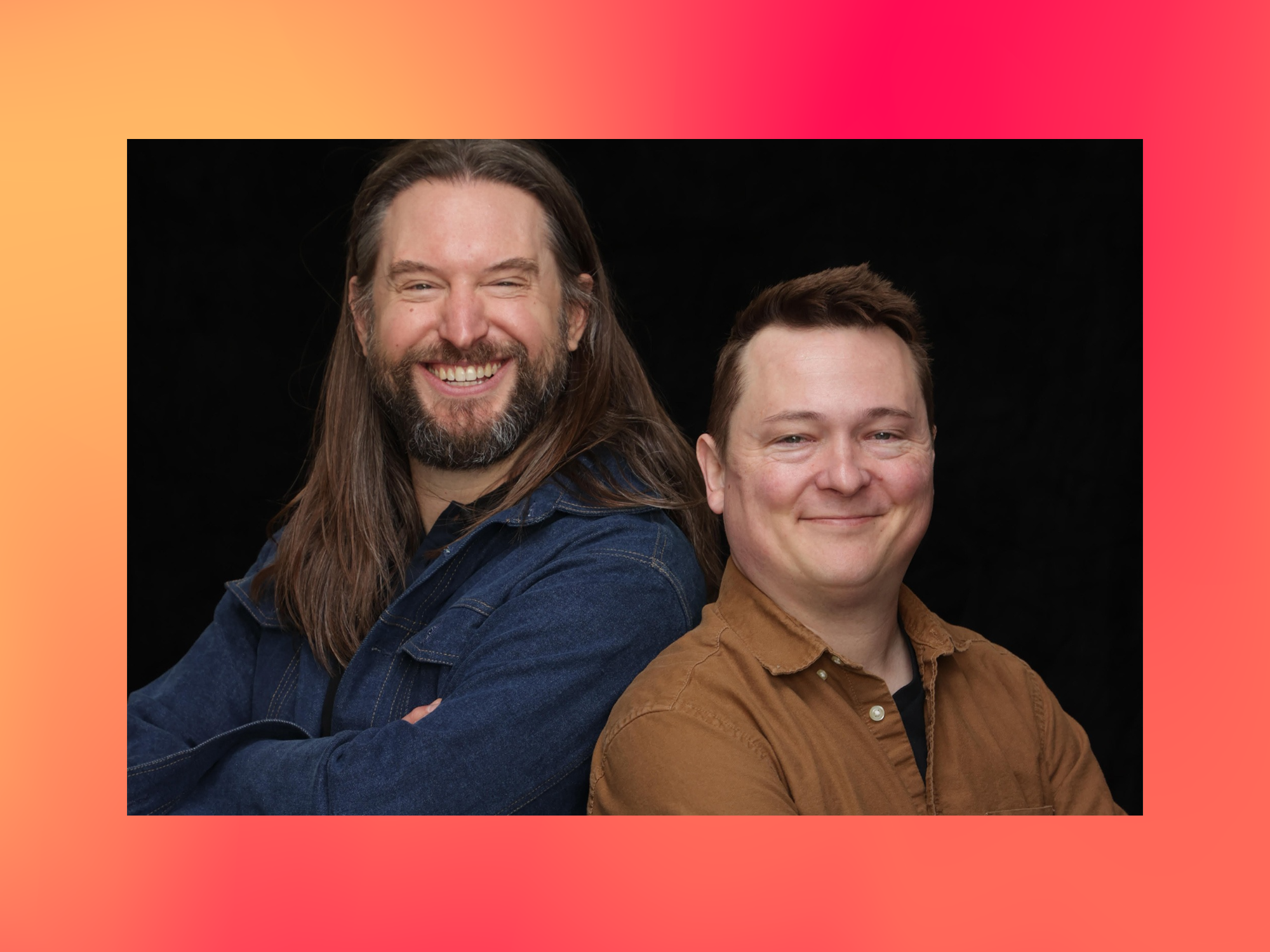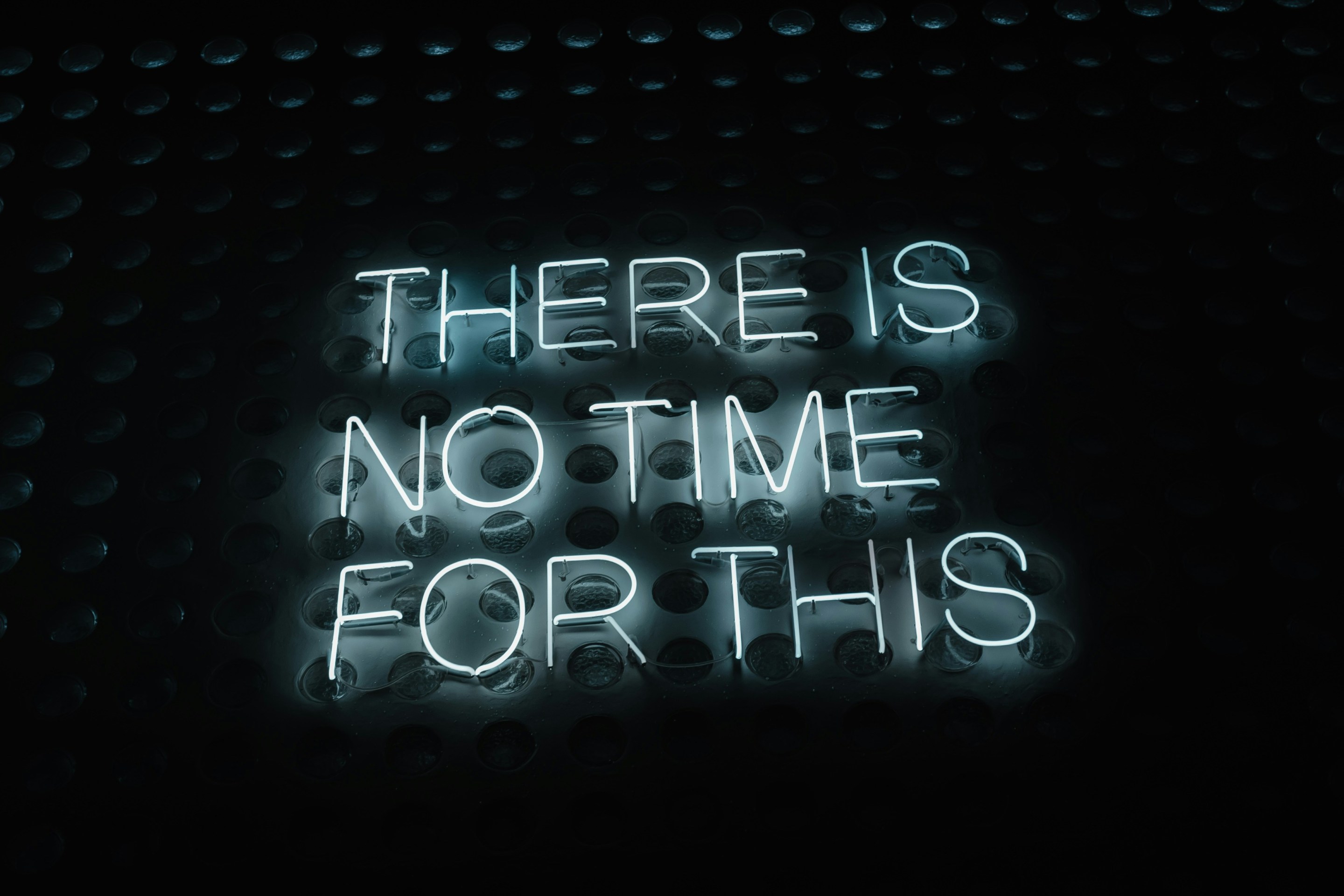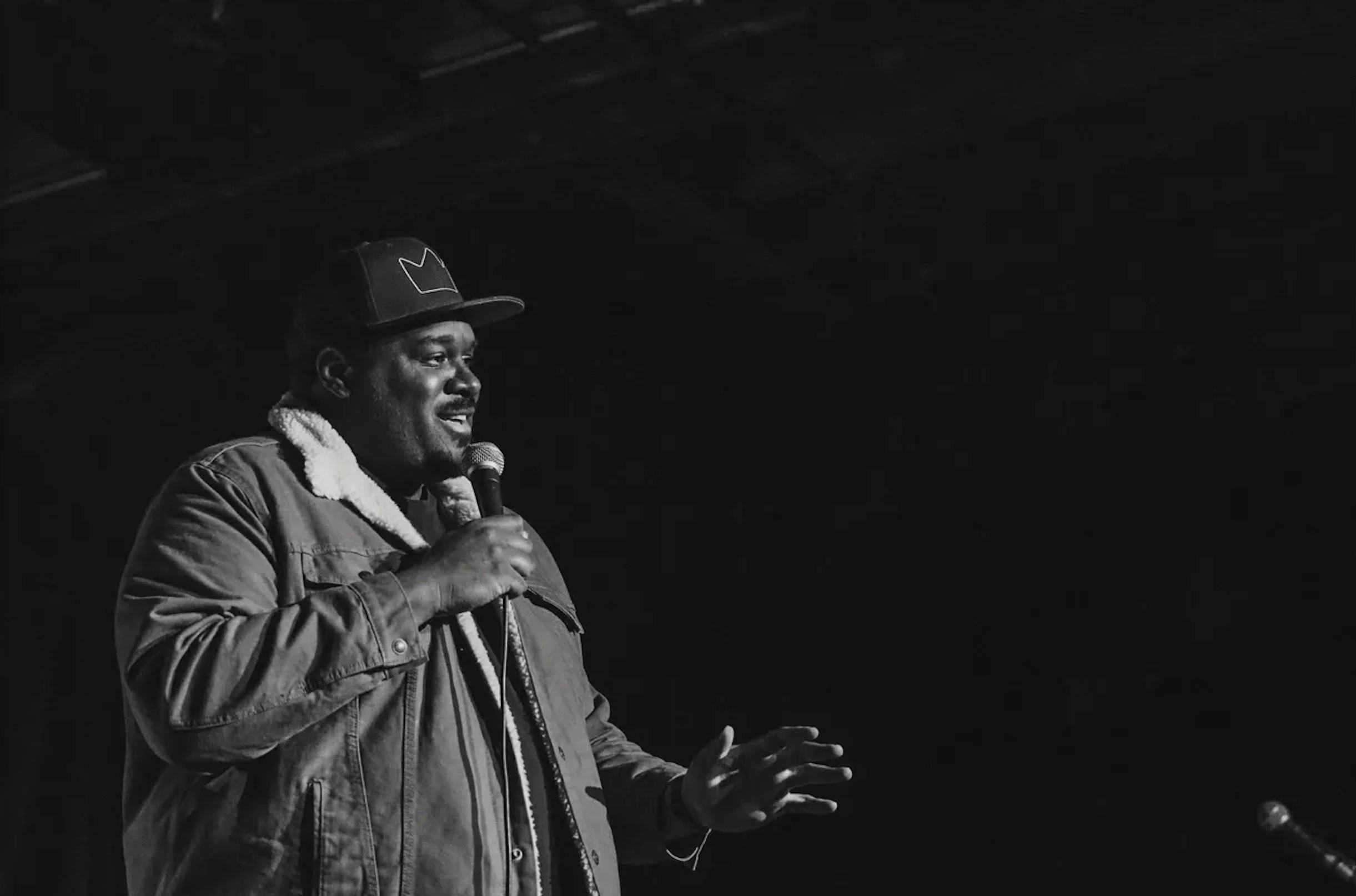The Coen brothers can rightly stake a claim as the top Hollywood writer duo exports from St. Louis Park, but the southern 'burbs belong to Pat Casey and Josh "Worm" Miller.
Fittingly, the rascally Bloomington buddies met in detention while attending Olson Middle School. Their minds were collectively blown when, in 1992, they discovered Bloomington Educational Cable Television (BEC-TV), a teen-run TV network with its own late-night comedy program, YRU-UP.
“We were like, ‘We could do this better!’” Casey remembers. “Our freshman year we both joined the cast, and in pretty short order we ended up kinda running the place all through high school.”
Casey and Miller attended separate film schools, but they’d get the band back together—action-movie-montage-style—each summer to create “micro-budget horror comedies” with their friends. One of those flicks, 2000’s wonderfully titled Hey, Stop Stabbing Me!, was shot for $500 and ended up becoming a cult-loved favorite. (Don’t miss the special cast reunion screening next Thursday at the Trylon.)
“Once we graduated from college, we were like, ‘Our movies have gotten so good, we’re gonna be huge!’” Casey says with a hearty laugh. “So we moved out to Hollywood together to get rich and famous.”
Within months of moving to L.A., Casey managed to sell a script to a producer “basically over the counter” of the video-rental store where he was employed. The roommates would eventually flesh out the story for 2003’s National Lampoon Presents Dorm Daze, which delighted hooting frat boys yet failed to impress Pauline Kael acolytes.
“Everyone hated Dorm Daze,” Miller reports. “But it did well enough that we wrote a Dorm Daze 2 and 3… but it was basically a big punching bag.”
The growing underground buzz of Hey, Stop Stabbing Me! saved the boys from a career of schlock comedies, thanks to a DVD resurgence that captured the attention of studio execs. Miller says Fox brass was drawn to the indie hit’s “weirder, darker” sensibilities, and that led to two seasons of the animated series Golan the Insatiable. (Fellow Minnesotans Maria Bamford and Mary Mack lent their vocal talents to the show.)
Casey and Miller are currently on a box office hot streak, having written both recent Sonic the Hedgehog hits and, just last year, the David Harbour-starring Christmas hostage brawler Violent Night.
“In a roundabout way, Please Stop Stabbing Me! led to everything,” Miller says. “The people who loved it happened to become executives 10 years later.”
Now, as the Writers Guild of America strike exceeds 100 days, both writers find themselves out of work and at odds with Hollywood's executive class; their actor comrades in SAG joined them on the picket lines last month, effectively shutting town Tinseltown. Casey and Miller were kind enough to chat with Racket, thus supplying us the coveted local angle and, hopefully, providing readers insight into one of the highest-profile labor fights in recent memory.
How are you guys hanging in there, now that the strike has been going on for months?
Miller: It sucks, but all things considered Pat and I are doing OK.
Casey: We were in the fortunate position of having a string of hit movies right before the strike started, so we’re not going to lose our houses. But not all feature writers are in our comfortable position.
Miller: Now there’s the infamous executive quote about how [studio executives are] waiting for everyone to lose their houses, but most of the people we know who are writers and actors can’t even afford a house because it’s so bad.
Casey: We were not in the guild when the last strike happened in 2007, and we didn’t have agents or anything. That was right when we were sort of picking up momentum, but we didn’t want to scab. So that stopped our momentum dead, plus there was the financial collapse...
Miller: There’s a reason we didn’t do a Dorm Daze 4, and it wasn’t because we got too good for it. [Laughs.] We would’ve done 4, 5, 6, 7, 8 if they kept paying us. Even some friends who were selling scripts for real money were, in some ways, jealous of our stupid National Lampoon movies, because they existed at least.
What are the biggest things you union is fighting for and against?
Miller: The biggest thing, at least for the writers specifically, is 70% of the writers guild are TV writers, and the simple way to put it is: The way TV used to be made wasn’t really written into rulebooks, there was just a schedule of 22 episodes that life forced upon the industry, thus it never had to be written down as bylaws. When streaming came in, studios decided to make TV more like a movie, with eight-episode premium seasons.
Casey: The problem is, there used to be writers' rooms where you’d have a bunch of professional writers that were running a show. The streamers, especially, are more interested in driving down the cost of the writers than they are in making good television. So they’re having less writers, they’re paying them less, employing them less. Industry profits continue to go up even though they’re crying poverty about how much they’re losing on streaming services, but writer pay is down something like 25% from five years ago, which is not right, especially since the cost of living continues to go up. They’re making a concerted effort to drive down writer salaries—pretty much everybody is working on the minimum, especially in TV. They don’t really care if the shows are good or not; they just want visual muzak because they figure you’re just looking at your phone anyway. The whole thing is extremely disrespectful to the audience.
Casey: The biggest problem is residuals, and the fact streamers essentially pay no residuals. There is a structure, but it’s so laughable that you can make the biggest hit in the world on streaming, and your total residuals will be like $10 over the course of years. Residuals aren’t like bonus payments; it’s like deferred payment where they pay you less on the front end, and you’re taking the risk that—if this thing you make is successful—you’re going to share in that success. And they’ve taken that away.
Miller: That’s where the mini rooms become a bigger problem. It used to be that, if you were on a writing staff, there were maybe 10 people. And it was understood that anyone on the writing staff would get at least one script, because you don’t get residuals if you’re just on the staff—you’d get residuals based on that one script you had credit on. But now with mini rooms, the three of us could be in a mini room with the showrunner, we’d think of what would happen that season, and the mini room ends and the showrunner writes all those scripts.
Casey: The residual rates on streaming are an absolute joke.
Have you watched talented friends leave the industry of the years, just because it’s impossible to make a living?
Miller: Oh for sure, especially during Covid. L.A. is expensive, and it keeps getting more expensive… that is not the studios’ fault, we can’t blame them for that. Even when things were better back in the '80s, you still have tons of people who move out here and don’t succeed. We’re definitely seeing, currently, a lot of our friends are trying to figure out what other kinds of jobs they can even get. That’s not necessarily because of the strike. It’s funny, I feel this strike isn’t as bad as past strikes, because it was already so horrible, if that makes sense.
Casey: The producers and the studios do so much to extract free work from you, and practically make you write a full movie before there’s even a possibility that you’ll get paid at the end of it. They string you along. So, being on strike for a lot of feature writers... there’s no difference. The studios may have underestimated how we’ve managed to build our lives around big deserts of no income. It has always been risky to go into show business. Like, my parents were horrified when I was like, "Time to go to Hollywood!” Now they’re quite proud, and brag about me all the time.
But! We always knew it was risky, but there would be some sort of reward at the end, if you managed to pull it off. Especially for the younger people coming into the industry now, the odds of becoming successful enough to ever even own a house are getting to be so low. We’re going to end up in an entertainment industry where, like, nobody can even afford to do it unless you’re coming from money, which is going to create a situation where we’re not getting a diversity of backgrounds creating stories. It’ll just be a plaything for the children of the wealthy.
Has the strike given the more casual consumers TV and movies a better idea that… writers even exist? I’m sure you guys feel overlooked a lot of the time.
Miller: One thing we always hear from our older friends who’ve been in the guild longer is, the last strike, nobody was on the writers’ side. There’s sort of this false assumption that normal people have, that anyone who works in the industry is a greedy rich millionaire who lives in a mansion. I’ve never understood, though, that even if that’s true, and the writers are millionaires, and the studios are making even more money off a thing I made up… I don’t understand why normal people aren’t like, “Yeah, that sucks.” Why do you want some soulless corporation to be getting bigger and bigger instead of people? Point being, though, that is not true, unless you’re on a Friends or something that goes into syndication and reruns. For feature writers, we don’t make money off of Sonic making money in the movie theaters; we make money off of the DVDs, if it gets shown on an airplane, or you get it on iTunes. If a thing bombs, nobody makes money off it.
Is there a sense of, between the WGA and SAG, of a sort of fuck-you solidarity right now?
Casey: Absolutely. Writers and actors generally love each other. Occasionally, when an actor is like, “I’m not saying that…”
Miller: Then you’re like, “Fuck this prima donna!” [Laughs.]
Casey: But I mean, it’s our job to make the actors look good, it’s their job to make us look good; directors should be in on this as well. We’re all facing the same issues: Streamers and big tech coming into the industry, and making these concerted efforts to drive down pay for the creatives. They forced these strikes, it’s an attempt from these tech bros to break the unions because that’s how things work in the tech world. They want to “disrupt” this industry that has been making money hand over fist for the past 100 years, one of the last American industries that still works and is dominant on the world stage. They’re like, “We’ve gotta ruin this!”
Miller: The average person is now learning that everyone in our industry doesn't make a ton of money. Often, as a normal person, you might be horrified by how little money an actor you fully recognize from your favorite TV show makes. Your favorite actor from Parks & Rec, from The Office, they might be making $30,000, looking at a garbage man and thinking: “Oh my god, they have a house, a family, they can afford to pay their bills—living like a king!” People maybe used to think they didn’t have anything in common with quote-unquote Hollywood people. We have our own 1 percent.
Casey: People are recognizing what they actually have in common with the writers and actors, and that we’re all sort of facing the same struggle. I was happy to see the Teamsters win their little staredown with UPS; they’ve been great in helping us with our strike.
Miller: AI is the other big thing. That’s another thing that other people are seeing encroaching, outside the entertainment industry. It’s supposed to be simplifying, streamlining, and cutting costs in basically every industry there is.
Casey: AI might be less expensive for them, but it’s also going to do a worse job than humans. I feel like it might be a distraction, so maybe they can give into us on AI but stiff us on residuals. We’ll see how it plays out.
Let’s end on a brighter note, as people are staring down the barrel of no new entertainment coming out. What are shows or movies are you guys enjoying?
Miller: We both just finished the new season of Justified. We’re both big fans of I Think You Should Leave, even though it’s on Netflix… grr!
Casey: I just finished the season finale Righteous Gemstones, that show is terrific. We can’t talk about our future projects because we’re on strike, but we wrote a part for [fellow Minnesotan] Steve Zahn in an upcoming thing. We’ll see if we can get him.






